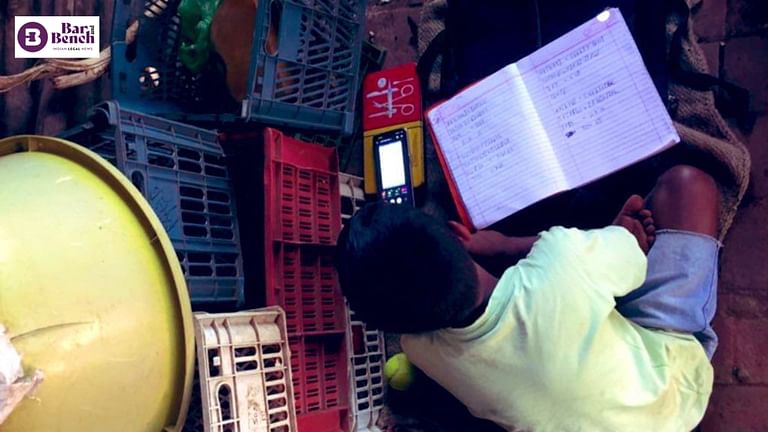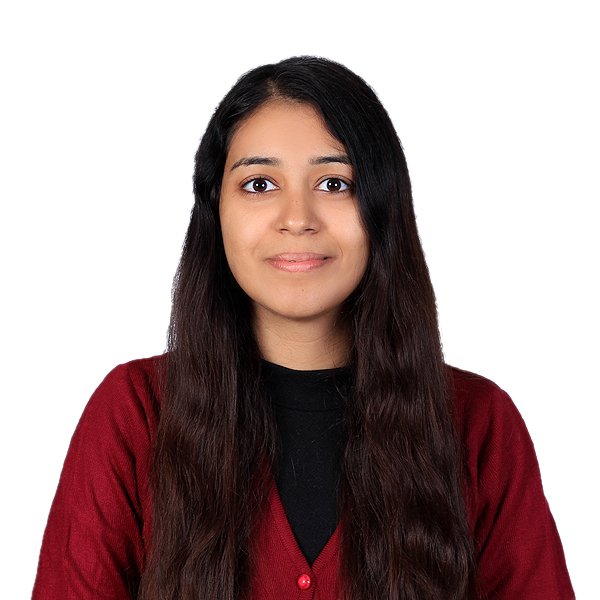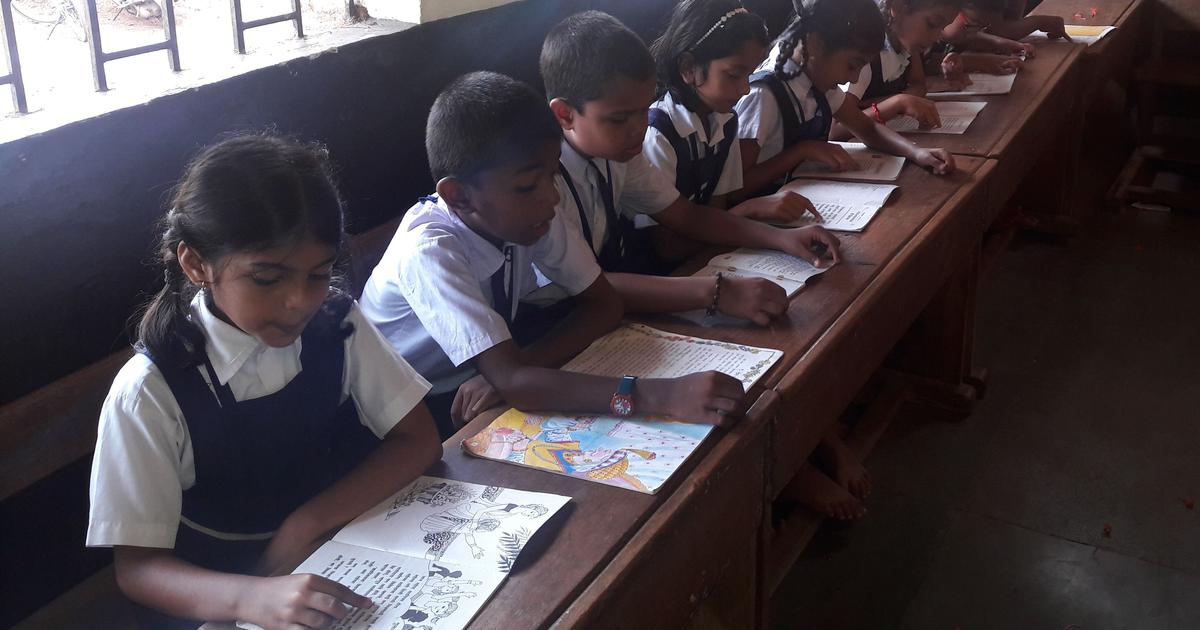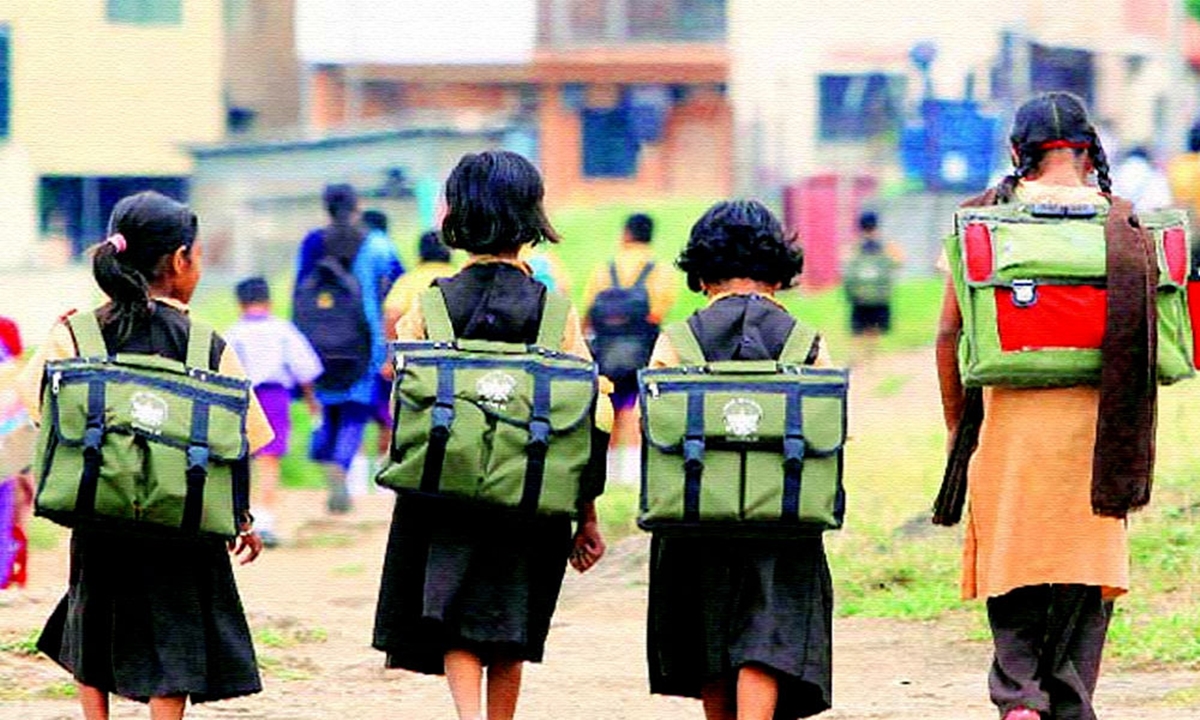
- Opinion
- 24 Nov 2021
- 1 min read
Special Educators in the framework for inclusion in education
Despite endorsement by key education campaigns like Samagra Shiksha Abhiyaan (SMSA) towards more inclusive education models, in practice, the responsibility of teaching CWDs falls upon special educators
This opinion was published in Bar and Bench on November 24, 2021.
Filed Under
About the Authors

Pooja Pandey was a Senior Resident Fellow working with the education team. She has completed her post graduation in Development (with a specialization in law, policy and governance) from Azim Premji University, Bangalore. She has earlier worked with Participatory Research in Asia as the India coordinator for UNESCO Chair in Community Based Research(CBR) and Social Responsibility of Higher Education. She has led and managed the overall coordination of 20 global Knowledge for Change (K4C) hubs across 14 countries to develop capacities on CBR and participatory research methodologies. She has managed the India based research and dissemination operations of the RRING project, funded by the EU and she also assisted the drafting and launch of the National Framework of Unnat Bharat Abhiyaan 2.0 under University Grants Commission(UGC). Her area of interest includes education governance, identity, and participatory research methodologies.

Avinash was a Project Fellow with the Education team. He graduated from National Academy of Legal Studies And Research (NALSAR) University of Law, Hyderabad with a B.A.,LLB. (Hons.) and completed his Advanced Masters (LLM) in International Children Rights from Leiden University. He is the Co-Founder and Managing Trustee of DEVISE – Developing Inclusive Education, through which he focuses on English language education, climate change education and experiential learning. He has previously interned with UNICEF and Centre for Economic and Social Studies (CESS) to conduct legal research studies based on the Juvenile Justice Act and its implementation. He has written on rights of minorities and socio-economic rights for blogs such as LSE Human Rights Blog, LSE South Asia Blog and Völkerrechtsblog.
Related Articles
-


 ;We use cookies to understand and improve our website. You can disable cookies at any time by following the steps listed in our cookie policy. To know more, read our privacy policy
;We use cookies to understand and improve our website. You can disable cookies at any time by following the steps listed in our cookie policy. To know more, read our privacy policy
Privacy & Cookies PolicyPrivacy Overview
This website uses cookies to improve your experience while you navigate through the website. Out of these cookies, the cookies that are categorized as necessary are stored on your browser as they are essential for the working of basic functionalities of the website. We also use third-party cookies that help us analyze and understand how you use this website. These cookies will be stored in your browser only with your consent. You also have the option to opt-out of these cookies. But opting out of some of these cookies may have an effect on your browsing experience.Necessary cookies are absolutely essential for the website to function properly. This category only includes cookies that ensures basic functionalities and security features of the website. These cookies do not store any personal information.Any cookies that may not be particularly necessary for the website to function and is used specifically to collect user personal data via analytics, ads, other embedded contents are termed as non-necessary cookies. It is mandatory to procure user consent prior to running these cookies on your website.